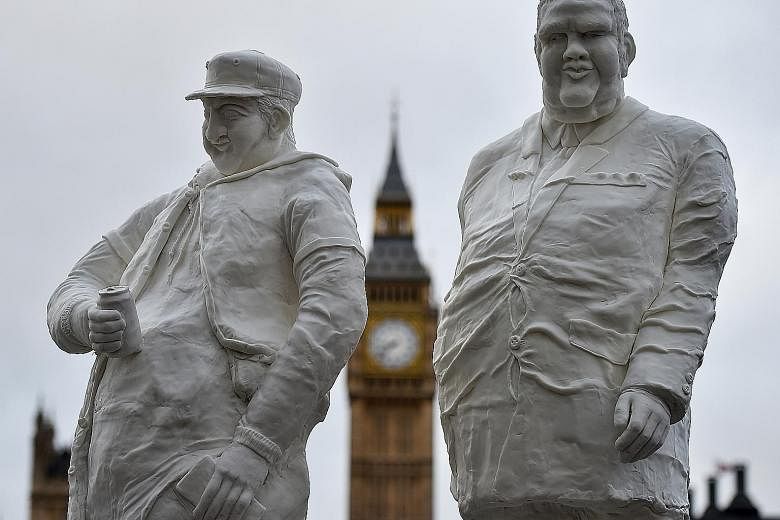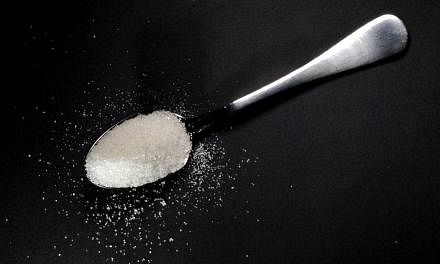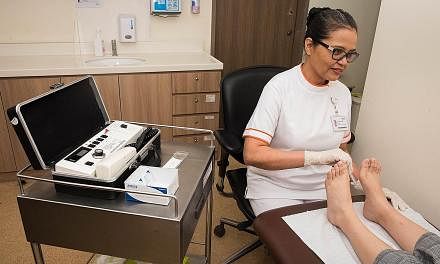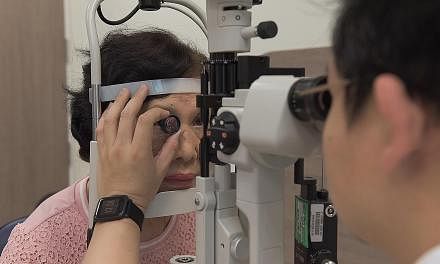Britain's sugar tax was implemented last April in a bid to tackle childhood obesity and encourage soft drink producers to reformulate their products or reduce portion sizes.
As to how manufacturers responded, HM Revenue & Customs - Britain's tax, payments and Customs authority - says that between the announcement of the tax in 2016 and its implementation two years later, more than 50 per cent of drinks by volume had enough sugar removed to no longer be affected by the levy.
As a result, fewer drinks than anticipated remained above the levy-paying threshold, which imposes an additional tax of 18 pence (S$0.32) a litre on drinks containing 5g of sugar per 100ml, and 24 pence a litre on drinks with more than 8g of sugar per 100ml.
Known officially as the Soft Drinks Industry Levy, the tax applies to "the packaging and importation of soft drinks containing added sugar".
It is applied to manufacturers, but whether it is passed on to consumers is up to them.
The tax has, however, had minimal impact on consumer behaviour, a Nielsen survey has found.
Findings showed that 62 per cent of British shoppers claimed to not have changed their consumption behaviour after the sugar tax was imposed, while only a fifth checked the sugar content on packages more frequently since the tax came into effect.
So far, the tax has raised £154 million (S$269 million) in its first seven months, and is expected to raise about £240 million annually - less than half the amount initially forecast when the tax was first announced.
The revenue will be channelled towards funding sports activities and breakfast clubs in schools.










